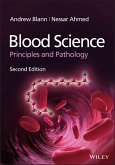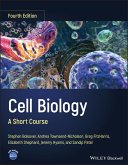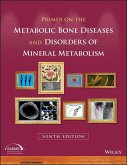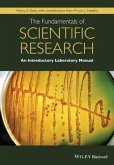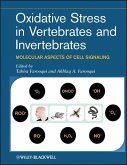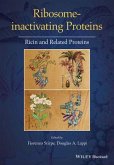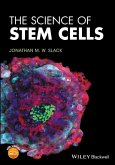An accessible and straightforward intro to cell biology In the newly revised Fourth Edition of Cell Biology: A Short Course, a distinguished team of researchers delivers a concise and accessible introduction to modern cell biology, integrating knowledge from genetics, molecular biology, biochemistry, physiology, and microscopy. The book places a strong emphasis on drawing connections between basic science and medicine. Telling the story of cells as the units of life in a colorful and student-friendly manner, Cell Biology: A Short Course takes an "essentials only" approach. It conveys critical points without overburdening the reader with extraneous or secondary information. Clear diagrams and examples from current research accompany special boxed sections that focus on the importance of cell biology in medicine and industry. A new feature, "BrainBoxes" describes some of the key people who created the current understanding of Cell Biology. The book has been thoroughly revised and updated since the last edition and includes: * Thorough introduction to cells and tissues, membranes, organelles, and the structure of DNA and genetic code * Explorations of DNA as a data storage medium, transcription and the control of gene expression, and recombinant DNA and genetic engineering * Discussion of the manufacture of proteins, protein structure, and intracellular protein trafficking * Description of ions and voltages, intracellular and extracellular signaling * Introduction to the cytoskeleton and cell movement * Discussion of cell division and apoptosis Perfect for undergraduate students seeking an accessible, one-stop reference on cell biology, Cell Biology: A Short Course is also an ideal reference for pre-med students.
Dieser Download kann aus rechtlichen Gründen nur mit Rechnungsadresse in A, B, BG, CY, CZ, D, DK, EW, E, FIN, F, GR, HR, H, IRL, I, LT, L, LR, M, NL, PL, P, R, S, SLO, SK ausgeliefert werden.



